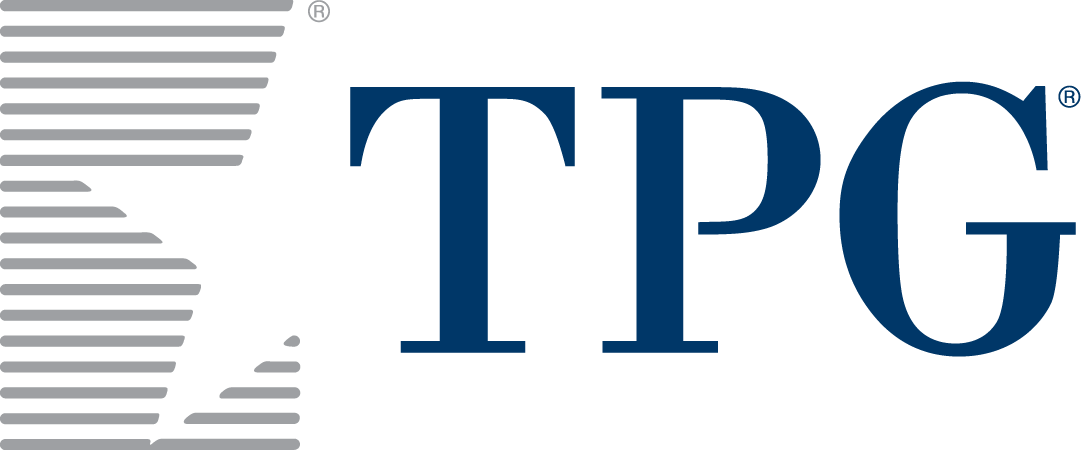TPG
TPG is a leading global alternative asset manager with $269 billion in assets under management. Jim Coulter and David Bonderman, former colleagues at the Bass Family Office, created TPG in 1992 and opened the firm's first offices in San Francisco. Today, TPG is led by CEO Jon Winkelried, who became sole CEO in 2021 after serving as Co-CEO since 2015.
A Unique Perspective
With our family office roots, entrepreneurial heritage, and West Coast base, TPG has developed a distinctive approach to alternative investments based on innovation-led growth, an affinity for disruption and technology, and a distinctive culture of openness and collaboration.
Innovation and Organic Growth
Our principled focus on innovation has resulted in a disciplined, organic evolution of our business. Incubating, launching, and scaling new platforms and products organically—often early in the development of important industry trends—is embedded in our DNA. Over 30 years, we have developed an ecosystem of insight, engagement, and collaboration across our platforms and products, which currently include more than 300 active portfolio companies headquartered in more than 30 countries. With an extensive track record, a diversified set of investment strategies, and a strategic orientation towards areas of high growth, such as technology, healthcare, and impact, we are helping shape the future of alternative asset management.
Strategic Acquisition
In 2023, TPG acquired Angelo Gordon, marking a significant expansion into credit investing and offering real estate capabilities that are complementary to our current strategies. This strategic transaction meaningfully expanded our investing capabilities and broadens our product offering, underscoring our continued focus on growing and scaling through diversification.
Matt Heintz
Co-Head of Insurance
mheintz@tpg.com
(312) 779-8957
245 Park Avenue
New York, NY 10167





